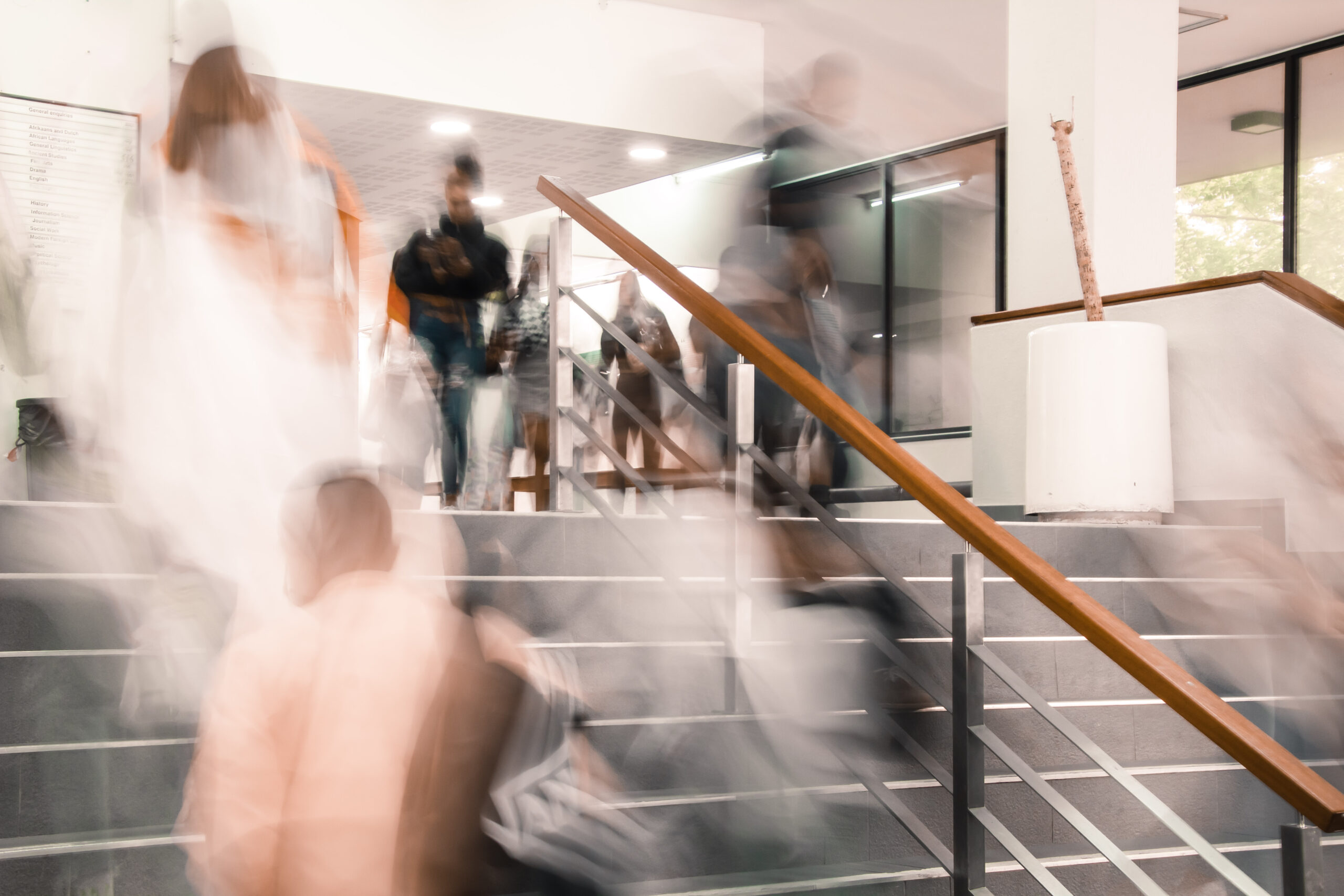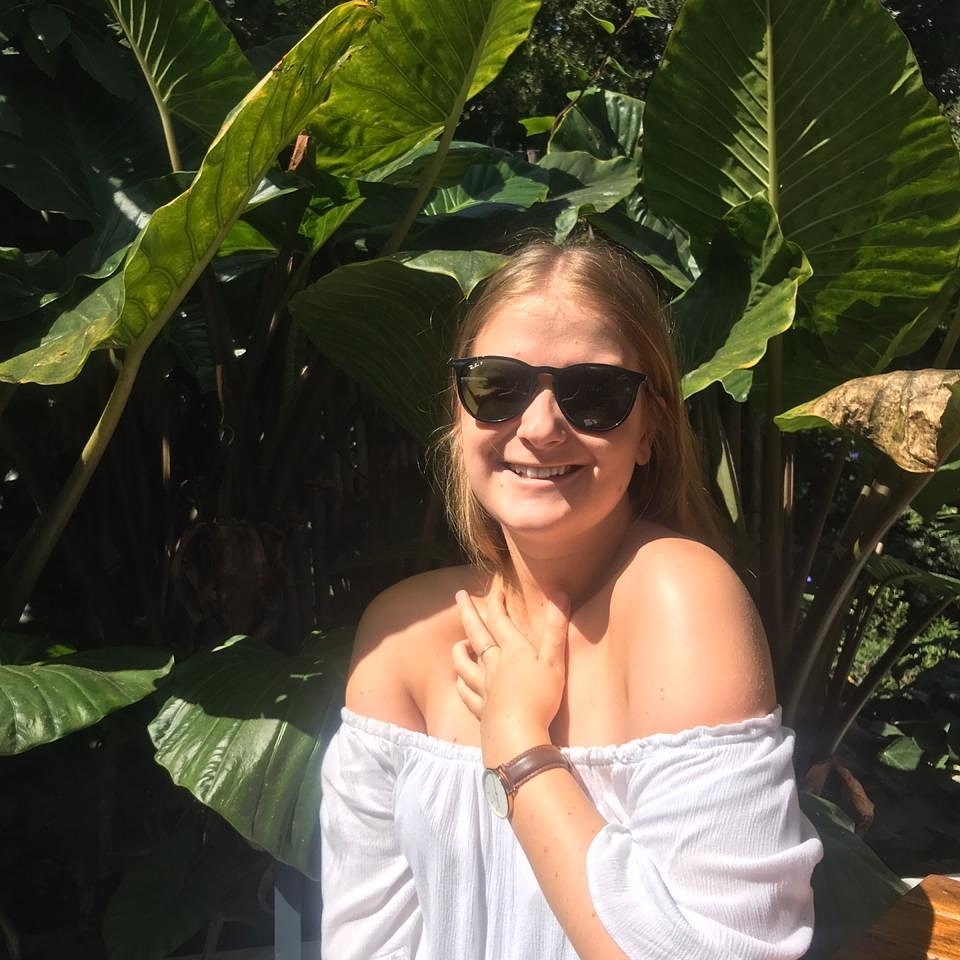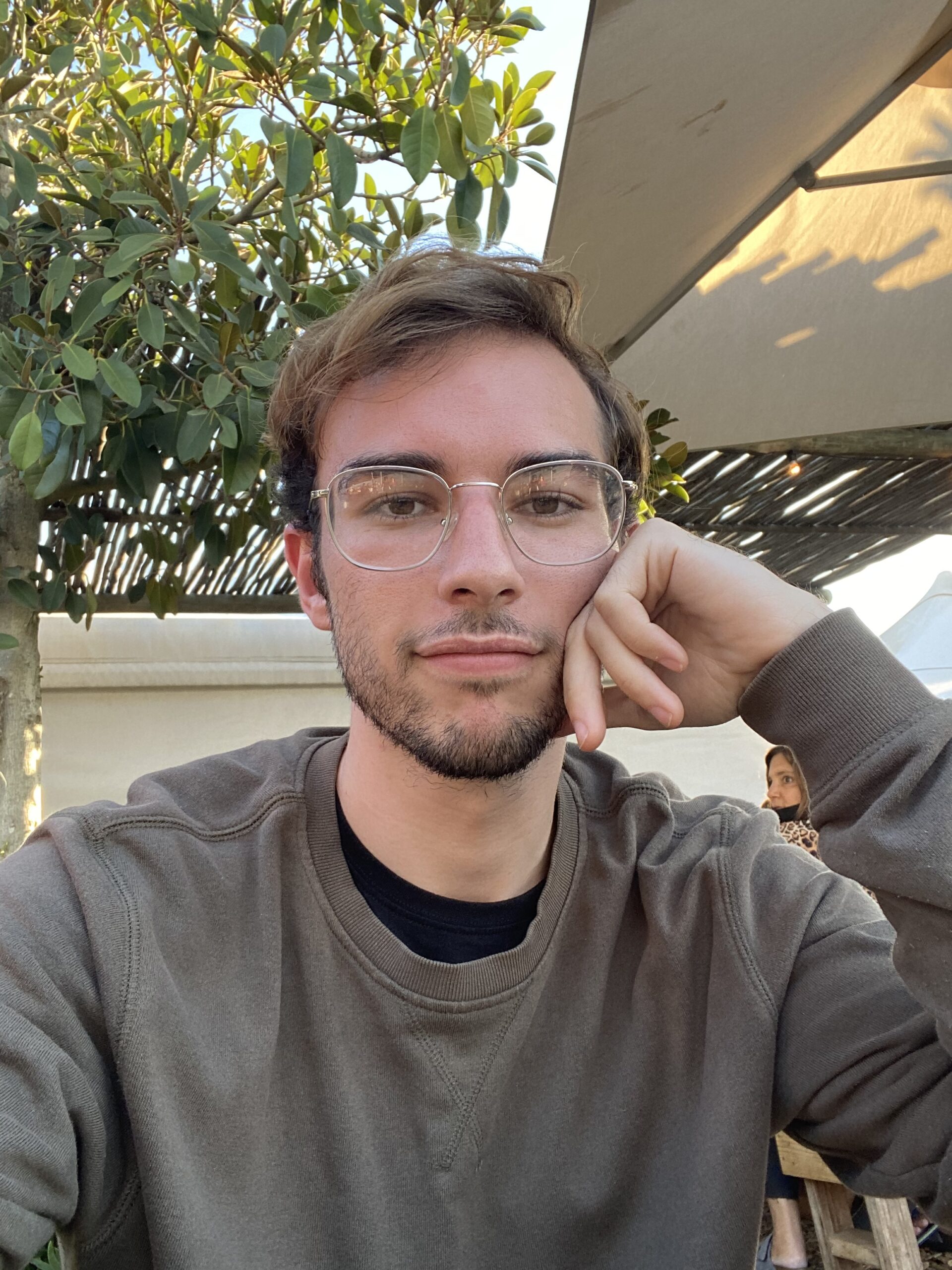Ingrid Heÿdenrÿch
Former public protector on her childhood, the new president and Wim de Villiers.
Being thrown back into an academic environment is a welcome break for the country’s former public protector, advocate and professor Thuli Madonsela.
“The transition has been fantastic in that people have asked me if I miss the adrenaline and I think it’s too early for me to miss it. It’s a breath of fresh air to interact with students who don’t have the cynicism that creeps up on you when you’ve seen too much.”
Even though she retains the sentimentality that she was thrown in the deep end, she admires the attitude of the students she has taught over the past few months. “I was thrown in the deep end teaching constitutional law to second years. I had done these things, but I was rusty. So, I had to catch up and I’ve been telling my friends that, at times, it felt like reading in an oral exam.”
Madonsela has since stopped lecturing second year students. “I think it was the preparation and the rush. I had taken on a whole lot of other responsibilities, so trying to balance the two was difficult.”
She attributes her happiness in the law faculty to her colleagues. “It’s a quintessentially academic environment. They are not cynical, nor are they aggressive. When I entered the academic environment as a young person, it was fun, but it was also an environment where if you disagreed about ideas, it had to be robust. As a young person, what they considered robust, I considered rude. There is no need to diminish each other to make a point. Now, the discourse is more intellectual than personal.”
It was the experiences of her childhood that made Madonsela want to fight for social justice. She said that she never wanted to go into politics, but as a child she saw too many families broken apart by Apartheid. She saw the effects of Apartheid in her own family as well.
“My father was a giant. When he asked you to jump you wouldn’t even be asking how high, you would just jump as high as possible. But as a child I once saw him interact with a traffic officer, who was a young person, probably 20 or so. Suddenly, my father was reduced to something I had never seen, saying ‘yes baas’. I think at a young age I realised there was something wrong with this system, where a grown-up can call a child “sir” and that young person calls you “boy” or calls you by your first name. It was a very distorted system.”
According to Madonsela, her social justice side was evoked by the events that happened on 16 June 1976 in Soweto, where she grew up. “I remember even writing a drama [piece] about it, although it never really got published.”
Madonsela’s motivation was always to help people and to solve cases of injustice. She realised that praying about injustice was not enough. “You’ve got to enter the fray and do your time with it.”
Being the chair of social justice at Stellenbosch University (SU) is an “enormous privilege” for Madonsela and it gives her the opportunity to promote social justice more systematically.
Although, she admits that SU does face some challenges. “I think branding is the first challenge that a historically white university has. If you look at prof. Wim de Villiers when he does public speaking and when you have conversations with him, you can feel his genuineness. But he is representing an institution that in the past was entrenched in isolationism and a divided society.”
Madonsela thinks that other challenges universities face include people who suffered injustice or experience the legacy of injustice and want “today to be better than yesterday overnight.” Madonsela said that the reality is that social change is slow and that it will take time. There are also people who are told that what they used to find normal, is not.
“You are carrying the burden that was bestowed on you by birth. You didn’t personally take someone’s land, you didn’t personally invent Apartheid, you didn’t personally do all of these things. Sometimes you feel the challenge is made personal.”
She added that it is difficult to understand legacy issues.
According to Madonsela, she loved SU’s commitment to building a better South Africa. “Prof. Wim de Villiers has been fantastic. The University acknowledged the role it played in the past in entrenching inequality and social injustice. It is now a key role player in working towards an inclusive future.
Madonsela is positive and hopes that President Cyril Ramaphosa will also work towards building an inclusive future for all South Africans. “I am extremely positive about where we are. President Ramaphosa’s election to president of South Africa has placed this country back on the pedestal. His messaging around building a united nation and a South Africa that belongs to all communities have been unequivocal. He has been very consistent about his message of one South Africa, one nation. He has also been very consistent about correction. He has been consistent in saying we went off track and we need to get back on track.
Above all, Madonsela places value on hope. “Hope is important, because even if things aren’t as organised as they should be, with hope you are able to transcend that. If things are relatively good looking, hopelessness makes it difficult to push forward. [President Ramaphosa] has given us the most important thing in terms of managing change: hope.”
Even though this recent change in leadership of the country is positive, according to Madonsela, she reminds us to stay vigilant.
“One person cannot change a society. Society needs to have a good leader to set the right temperature, but moving forward the entire body should be ready for change. You can’t put all your trust and all your hope in him. He needs to be monitored and assisted himself to see the difference being made and to have the conviction to do what is right.”
Madonsela believes that solving individual social injustice problems are great, but that the problems underlying it are systematic. “So, you also need a systematic approach to it.”
This hope that she finds in President Ramaphosa she sees, too, in the students she teaches.
“Coming back to university, I’ve loved the inspired attitude of the young people. They have this invincible hope. This sense that ‘yes, things are messed up’, but each young person thinks that they are a hero and to keep with that is very rewarding. The truth is, the people who have changed the world are young people.”
Madonsela is focused on continuing to promote social justice. “I can do it more systematically rather than case by case, and I’ve had so much support. I am excited about mobilising sources in civil society and leveraging goodwill in civil society to advance social justice.”
Throughout the difficult times in her life, Madonsela credits the women in her life for supporting her. “When I was going through trials as the public protector, like being called a spy, it was women who jumped in to assist me. Maybe because of their own sense of injustice that they have endured.”
Madonsela thinks that it is easier to empower others when you have a sense of your own power. “You don’t have to be powerful because you are white or in a position of power.” At this stage in her life, Madonsela said she is happy. She is supported by her partner and her children and does work that she loves.
Photo: Ingrid Heÿdenrÿch



